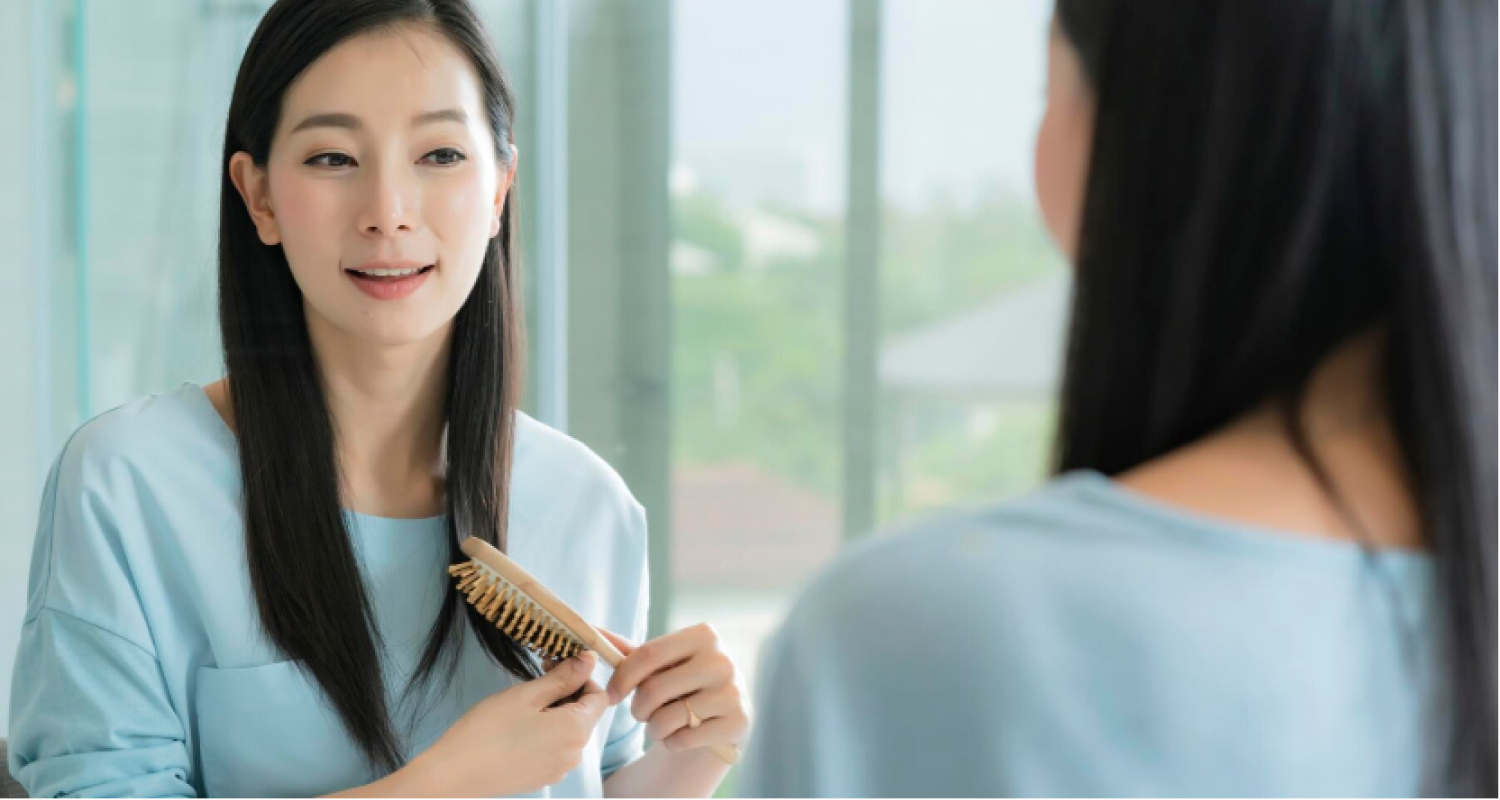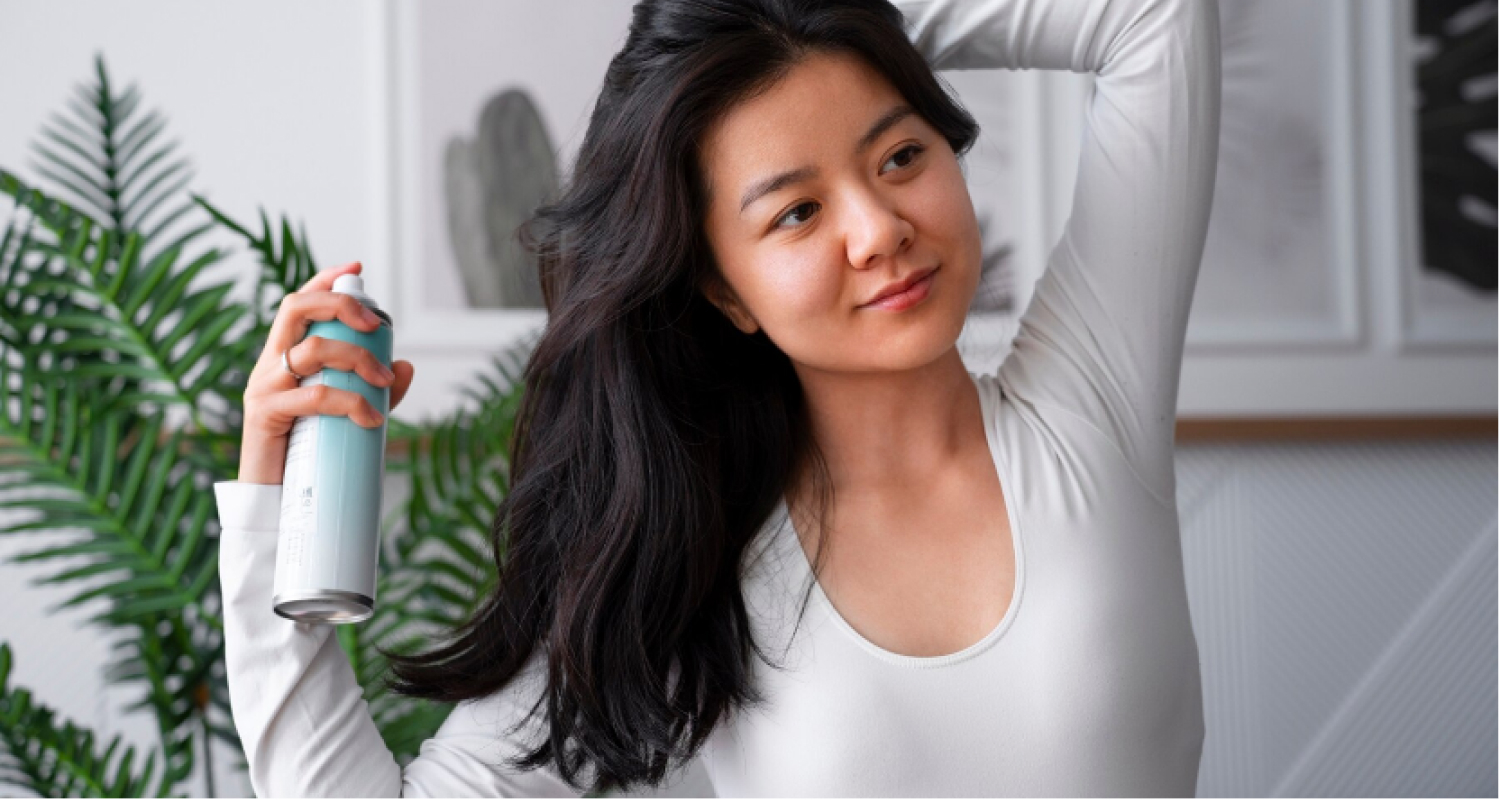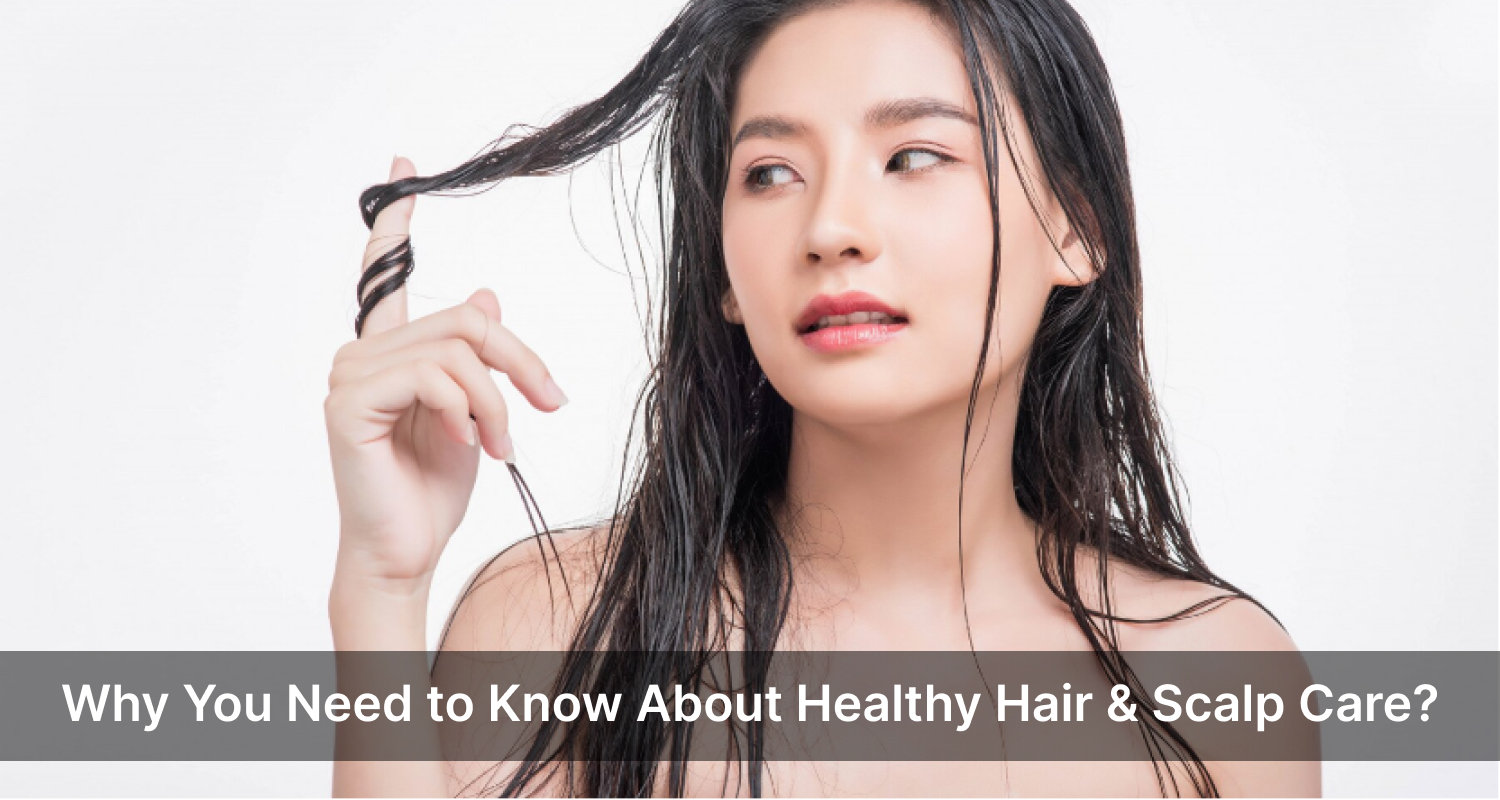Introduction
Healthy hair and scalp care are essential for maintaining not just your appearance but also your overall well-being. Many people underestimate the importance of a good hair and scalp routine, which can lead to various issues such as dandruff, hair loss, and other scalp conditions. In this article, we will delve into the reasons why understanding and practicing healthy hair and scalp care are crucial.
Why healthy hair and scalp care is important?
Hair as a Health Indicator
Your hair can reflect your general health. Issues like hair thinning or excessive hair loss can indicate underlying health problems such as nutritional deficiencies, hormonal imbalances, or stress. Recognizing these signs early can prompt you to seek medical advice, potentially uncovering and addressing more serious health concerns.
Scalp Health and Skin Conditions
The scalp is part of your skin, and like any other part, it can suffer from conditions like psoriasis, eczema, and dermatitis. Healthy scalp care can prevent and manage these conditions effectively. A well-maintained scalp provides a better environment for hair growth, reducing the likelihood of inflammation and irritation. Additionally, a healthy scalp can help in managing oil production, balancing the ecosystem of your hair and preventing issues like dandruff and seborrheic dermatitis.
The Basics of Healthy Hair and Scalp Care

1.Regular Cleansing
Importance of Regular Cleansing
Regular cleansing is fundamental to maintaining a healthy scalp and hair. It helps remove dirt, excess oils, dead skin cells, and product buildup that can clog hair follicles and lead to issues like dandruff and scalp acne. A clean scalp provides a healthy environment for hair growth and prevents common scalp problems.
Choosing the Right Shampoo
Selecting the right shampoo is crucial for effective cleansing. Shampoos should be chosen based on your hair type—whether it is oily, dry, normal, or color-treated. For instance, if you have oily hair, a clarifying shampoo for oily hair can help remove excess sebum without stripping the scalp of its natural oils. Conversely, if you have dry hair, opt for a moisturizing shampoo that nourishes and hydrates.
Washing Frequency
How often you wash your hair depends on your hair type and lifestyle. People with oily hair may need to wash their hair more frequently, possibly daily, to keep oil production in check. Those with dry or curly hair might only need to wash their hair once or twice a week to retain moisture. It’s essential to find a balance that works for your hair and scalp to avoid over-washing, which can strip natural oils and lead to dryness, or under-washing, which can cause buildup and scalp issues.

2.Proper Hydration and Moisture
Hydrating the Scalp
Just as your skin needs hydration, so does your scalp. A well-hydrated scalp is less likely to become dry, flaky, or itchy. Hydration helps maintain the scalp’s natural barrier, preventing external irritants from causing inflammation or other issues. Using moisturizing products is key to maintaining hydration. Look for conditioners and leave-in scalp treatments that contain hydrating ingredients. These ingredients help lock in moisture, making your hair softer and more manageable while ensuring your scalp stays hydrated.
Deep Conditioning Treatments
Regular deep conditioning treatments are beneficial for both the scalp and hair. These hair treatments penetrate deeper into the hair shaft and scalp, providing intense hydration and nourishment. Depending on your hair’s needs, deep conditioning can be done weekly or bi-weekly. Use products that are rich in proteins and natural oils to repair and strengthen your hair from within.
Avoiding Overuse of Heat
Excessive use of heat styling tools like blow dryers, flat irons, and curling wands can strip moisture from your hair and scalp, leading to dryness and damage. When using heat styling tools, always apply a heat protectant spray to minimize damage. Additionally, try to limit heat styling to a few times a week and allow your hair to air dry whenever possible.

3.Balanced Diet
Nutrients for Hair Health
A balanced diet plays a significant role in the health of your hair and scalp. Nutrients such as biotin (vitamin B7), vitamin E, vitamin D, iron, zinc, and omega-3 fatty acids are particularly important for promoting healthy hair growth and preventing hair loss. Biotin helps strengthen hair and nails, vitamin E promotes blood circulation to the scalp, and omega-3 fatty acids nourish the hair follicles.
Foods to Include in Your Diet
Incorporate a variety of nutrient-rich foods into your diet to support hair health. Eggs are an excellent source of biotin and protein, both essential for hair growth. Nuts and seeds, such as almonds and flaxseeds, provide omega-3 fatty acids and vitamin E. Leafy greens like spinach and kale are rich in iron and vitamins A and C, which help produce sebum, a natural conditioner for your scalp. Fish, particularly fatty fish like salmon, provides high levels of omega-3 fatty acids and vitamin D.
Avoiding Harmful Foods
Certain foods can negatively impact your hair health. High-sugar diets can lead to insulin resistance, which has been linked to hair loss. Highly processed foods and those rich in unhealthy fats can also contribute to scalp inflammation and poor hair quality. Opt for a diet rich in whole, unprocessed foods to support optimal hair and scalp health.
Conclusion
Healthy hair and scalp care are not just about aesthetics; they are crucial for your overall well-being. Understanding the basics of hair and scalp care, such as regular cleansing, proper hydration, and a balanced diet, can prevent common issues and promote strong, healthy hair. Regular trims, choosing the right products, and incorporating scalp massages into your routine can make a significant difference in maintaining hair health. Seeking professional advice or come to our salon when experiencing persistent issues ensures that you receive tailored treatments for your specific needs.
By prioritizing your hair and scalp care, you not only enhance your appearance but also contribute to your overall health and confidence. Remember, healthy hair starts with a healthy scalp, and both require consistent attention and care. Implementing these practices into your routine can lead to lasting benefits, making you feel good from the inside out.





